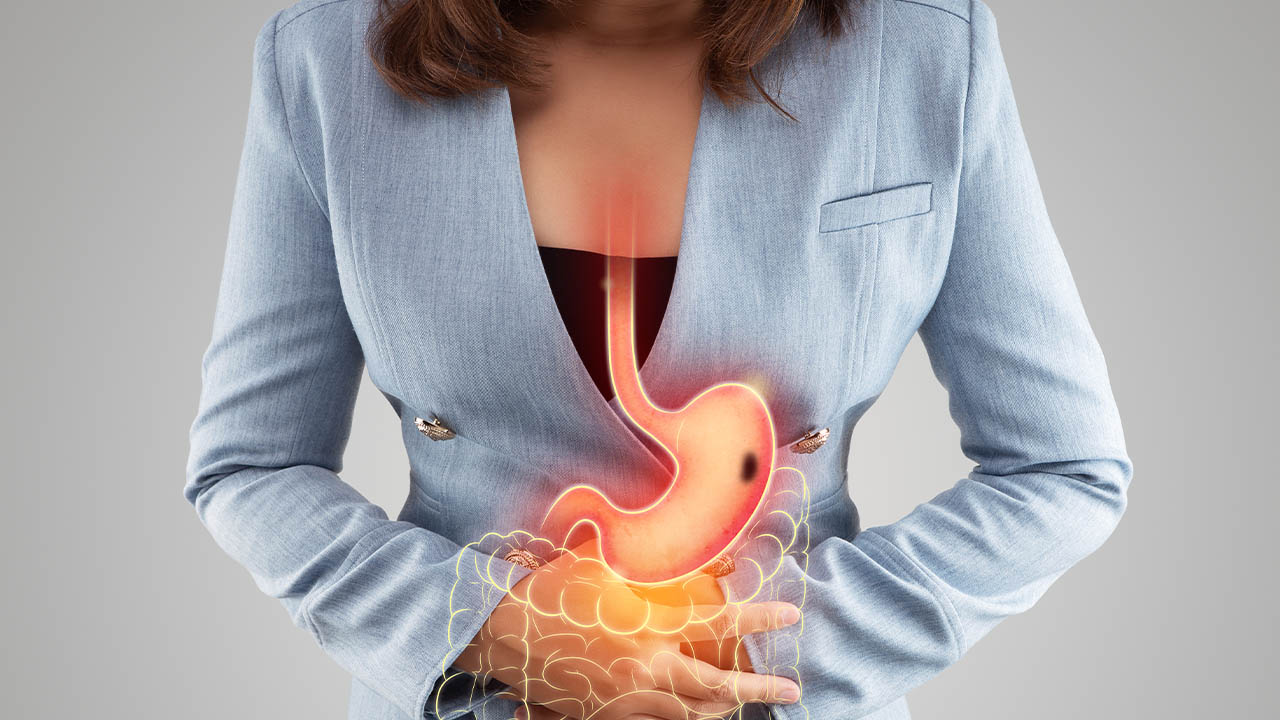
AZİZ BORA KARİP
Proctology
Proctology
Proctologists are specialized surgeons trained to treat conditions involving the colon and rectum. The colon is also known as the large intestine, and the rectum is the last part of the large intestine closest to the anus.
Proctologists deal with the surgical and non-surgical treatment of diseases of the colon and rectum. They may perform rectoscopy and colonoscopy to examine the intestines, diagnose and manage conditions in the intestines, and perform surgeries to treat these conditions. Some conditions that proctologists treat include hemorrhoids, infections, inflammatory bowel disease, anal disorders, and colon and rectal cancer.
What Does a Proctologist Do?
Colon and rectal surgeons have the knowledge and skills of the intestinal system to manage a person through the entire journey of bowel disease (from diagnosis, through treatment and surgery, to post-operative care). They also perform routine screenings and checkups to verify gut health and prevent colon and rectal diseases.
What Conditions Does a Proctologist Diagnose and Treat?
A colon and rectum surgeon can diagnose and treat cancer affecting the large intestine or rectum. They can also help manage constipation and urinary incontinence (the inability to control the passage of gas or stool). Other common conditions that a colon and rectal surgeon may treat include:
Polyps: These are abnormal growths on the walls of your large intestine or rectum. Removing these polyps reduces the risk of colon and rectum cancer
Inflammatory bowel disease (IBD): There are two types of inflammatory bowel disease, ulcerative colitis and Crohn’s disease. They cause inflammation and damage in your intestines. The follow-up and drug treatment of these diseases, which require very close follow-up, are carried out by gastroenterology specialists, and when they need surgery, treatment by a surgeon who specializes in colon and rectum surgery will increase success.
Diverticulitis: This is a disease that causes small protrusions or pouches in the walls of the large intestine, which can cause abdominal pain and infection.
Pelvic floor abnormalities: These are a group of disorders that include rectocele (weakening of the tissue between the rectum and vagina) and levator syndrome (spasm of the muscles near the anus, causing pain). These conditions cause pelvic pain and make defecation especially difficult.
Hemorrhoids: These are dilated and painful blood vessels in and around the anus and rectum.
Abscess and fistula: These are infections that can occur when glands near the anus become blocked. An abscess is a pocket of pus. Fistula is a tunnel that connects the inside of your anus to your skin and is an infection of this tunnel.
Sexually transmitted infections (STIs): STIs such as human papillomavirus (HPV) and anal warts can have complications. Surgery may be required
Procedures Performed by a Proctologist
Colon and rectal surgeons can perform a variety of procedures for treatment and diagnosis. These range from minimally invasive procedures to major surgeries.
Endoscopies
Endoscopy is a procedure in which the doctor uses a small camera called an endoscope to examine parts of the intestines and other parts of the gastrointestinal tract. Endoscopies are performed to diagnose a condition or for routine check-ups. Sometimes imaging method is used during surgeries.
There are several types of endoscopy, each named differently depending on the areas of the body examined. Colon and rectal surgeons typically receive training in colonoscopy (colon, rectum, and anus) and sigmoidoscopy (rectum and lower part of the large intestine).
Surgeries
Colon and rectum surgeons can perform surgery in the treatment of many diseases such as colon and rectum cancer, hemorrhoids and polyps.
One type of surgery they perform is resection. Resection surgery involves removing part or all of the intestine. This may need to be done due to colon, rectal or anal cancer, or due to complications due to IBD or diverticulitis.
Colon and rectal surgeons can also perform polypectomies. This procedure involves removing polyps from the walls of the large intestine or rectum using endoscopy to prevent cancer.
Surgeons can also remove hemorrhoids through a procedure known as hemorrhoidectomy.
To treat an abscess, the doctor may make an incision to surgically drain the abscess. To treat a fistula, surgeons may perform a fistulomy. This procedure involves opening the fistula to allow it to heal.
Digital Rectal Examinations
Digital rectal exams may be performed as a diagnostic test in which a healthcare provider inserts a gloved and lubricated finger into the anus to examine unusual growths or lumps. This exam can be used to help diagnose anal cancer and prostate cancer in men.
